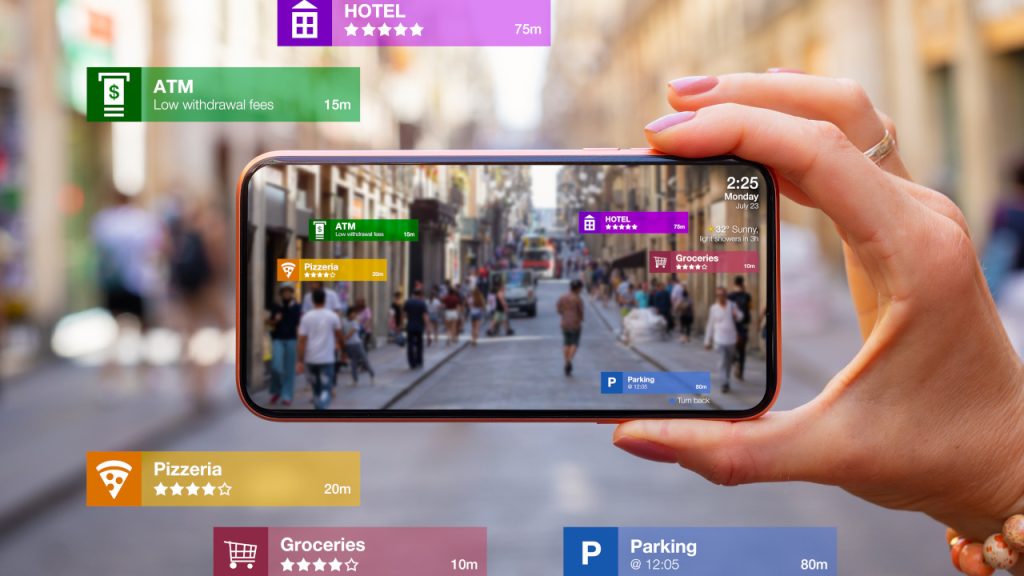
The hospitality industry is constantly trying to keep up with ever changing consumer demands. Some of the key factors driving the change include generational shifts, technology developments, increased ESG compliance requirements, more demand for personalised experiences and finally the blurring of lines between business and leisure travel.
NB: This is an article from Deloitte
Subscribe to our weekly newsletter and stay up to date
Shift in corporate travel patterns
Since the pandemic, there has been a shift in attitudes towards corporate travel and hybrid working patterns. Inflationary pressures coupled with higher operating costs have put pressure on companies to minimise corporate travel costs. Many businesses have realised that they can limit profit erosion by reducing employee travel and associated expenses. As a result, some hotels have seen high levels of performance across non-luxury properties due to the rise of a new type of business traveller focused on affordable accommodation. The lines between business and leisure demand continue to blur, with an increase in occupancy rates seen on Sundays due to travellers who are often working remotely on Fridays and Mondays, extending their stays over weekends.
Technology enables the luxury experience
The growing trend in luxury travel is for an all-inclusive, seamless and personalised experience with the searching, booking and payment steps all taken care of. Luxury travellers also seem to show a preference for the integration of digital interaction into their journey. As such, luxury travel brands need to present a consistent, authentic brand experience at each digital and in-person touchpoint of the guest journey. Furthermore, using technology to tailor services to the unique demands of guests will be expected, for instance, by calculating average wait times for food delivery at airports to notify passengers who might be rushing to catch a flight. Personalisation of experiences utilising artificial intelligence (AI) technology can make a significant difference in guest satisfaction, but it is also important to allow travellers to make their own choices regarding how they want certain services to be delivered. The consumer is shaping AI and vice versa, and it is up to hoteliers to adapt.
Changing demographics mean different expectations
Traveller segment types are also changing, driving the need for a wide variety of offerings. Deloitte’s Future of Consumer research found that women are expected to hold an estimated 60% of wealth in the UK by 2025 and 25% of Gen Zs expect to change their gender at least once. There is also the impact of an ageing population. The average age of a UK citizen in 2021 was 41 years, 24% higher than in 1970 (33 years). As the wealth gap between generations widens, older generations who have more financial resources are increasingly having to support their less well-off children. This means they have less time and money to spend on travel. However, those who do travel are more likely to include their extended family in their plans, leading to a new trend of multigenerational travel. Technology and data analytics can help hoteliers better understand their guests, but it’s essential to note that there is no one-size-fits-all solution. Before implementing any technology, it is crucial to understand the specific needs and preferences of different types of hotel and guest.




